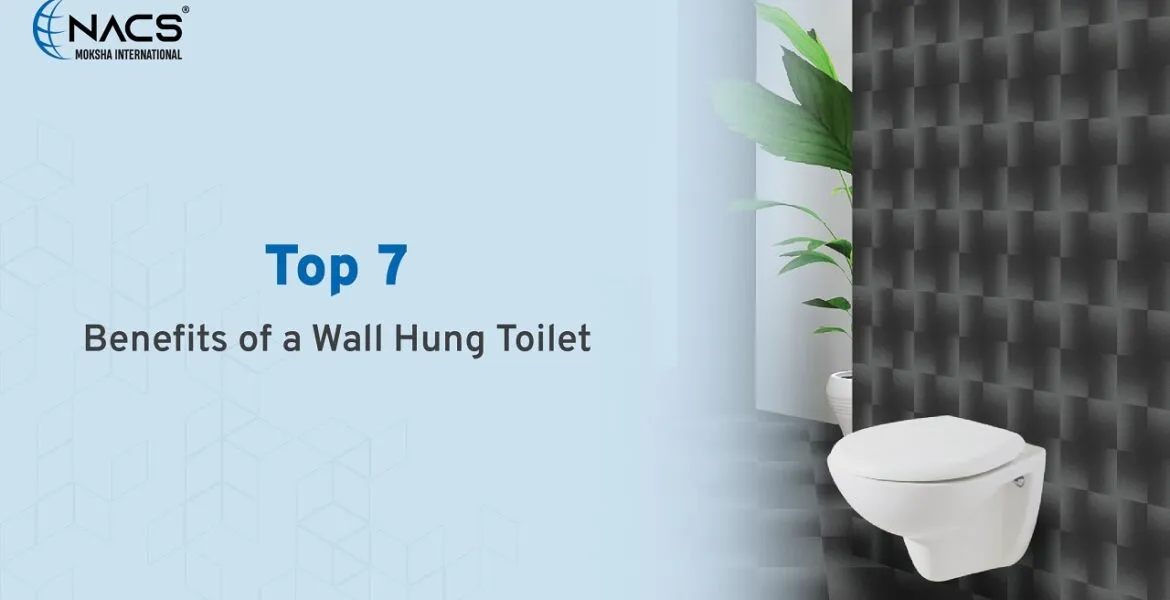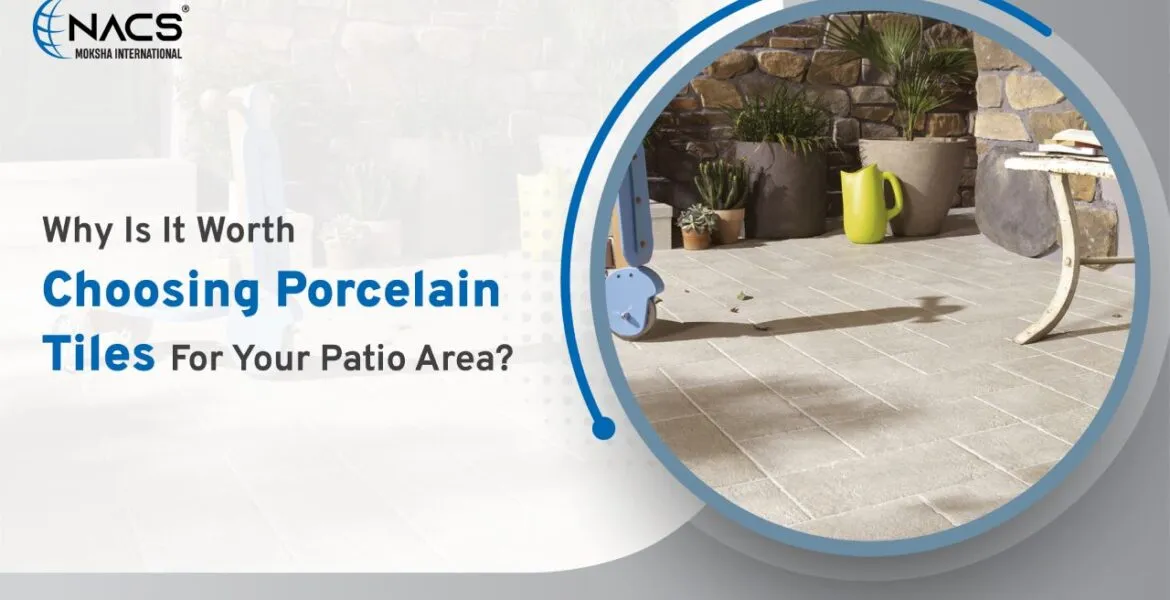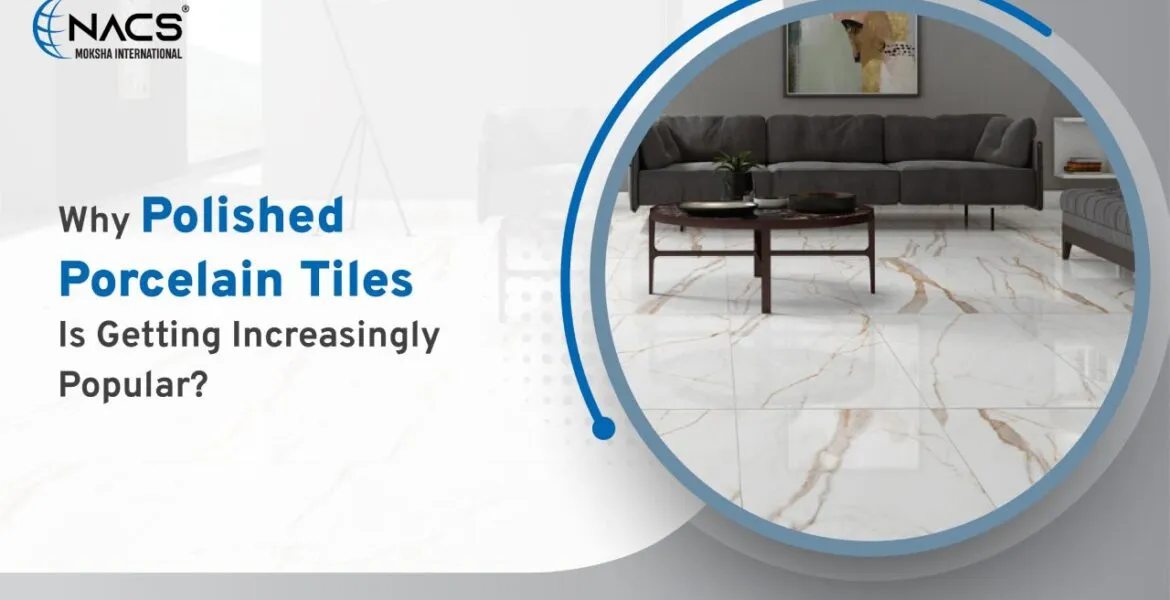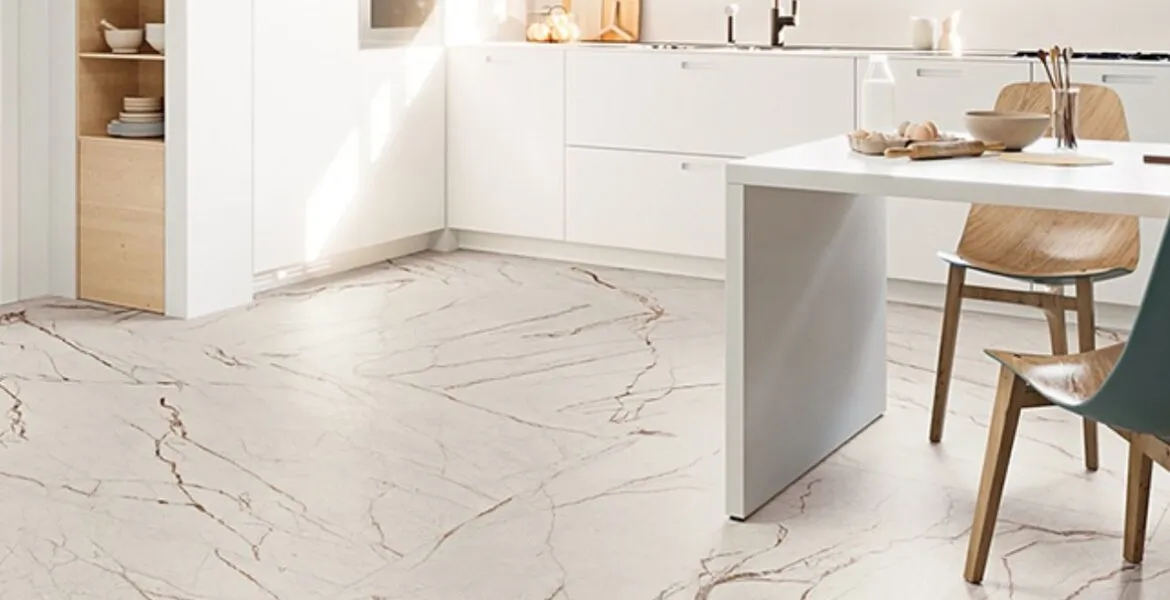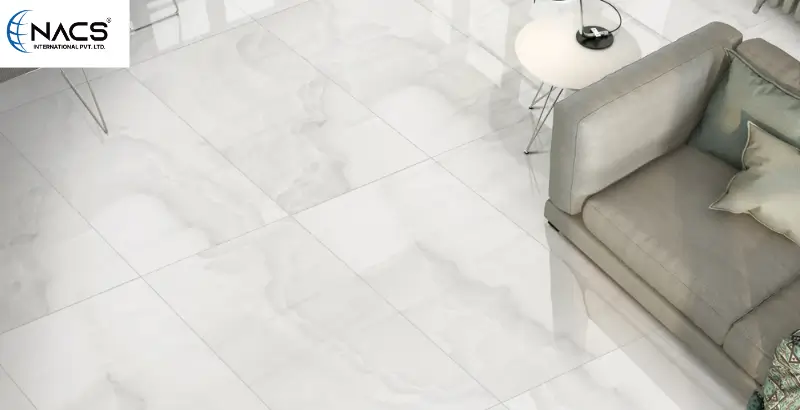
The Colombian construction industry in the past decades has evolved, with the interior design industry has seen a noticeable shift toward natural aesthetics, tones, textures, and finishes that create a sense of warmth and authenticity. One material riding this wave of demand is the earth-toned porcelain tile, particularly those manufactured in India.
Known for their durability, aesthetic variety, and competitive value, these tiles are becoming the most preferred choice for residential and commercial projects alike.
Why India is Emerging as a Key Supplier
India’s ceramic and porcelain tile industry has undergone a huge transformation. In recent years, it has been driven by advanced manufacturing technology, strict quality control, and innovative design capabilities. Indian manufacturers have heavily invested in digital printing technology, enabling them to produce intricate stone, wood, and textured effects that rival natural materials while keeping prices competitive.
For Colombian builders, this means access to a broad palette of colors and finishes without sacrificing performance. Indian tile producers also meet international quality standards such as ANSI, ISO, and CE certifications, making their products suitable for high-end projects.
Competitive Pricing and Value Proposition
Cost-efficiency is one of the major reasons Colombian builders are sourcing in India. While Italian or Spanish tiles have often set the bar for higher-end porcelain products, Indian tiles often provide the same quality for less. The favorable currency exchange rate and lower manufacturing costs have allowed some suppliers in India to provide a better value, and that is good news for large-scale projects with limited budgets.
This competitive advantage does not come at the cost of quality or quality. Many brands of Indian tiles are making use of higher-grade techniques for pressing, glazing, and firing, giving them the upper hand in terms of style, but also with longevity in mind. The marriage of the most affordable price with quality is something established players in Colombia, such as distributors, contractors, and design firms, have taken notice of.
Meeting Colombia’s Market Expectations
The Colombian market demands more than just a good design; it requires strict performance standards, consistency in supply, and customized products to fit the needs of the project. The Indian manufacturers have been really quick to respond. They now offer slip-resistant finishes, frost-resistant outdoor tiles, and customized dimensions that comply with Colombian architectural standards.
Moreover, builders in Colombia primarily work with suppliers who offer more predictable inventory and delivery methods. Some companies, including NACS International, help to mitigate these issues by building credible links between Indian tile producers and Colombian buyers, providing builders with product specifications and on-time delivery. It is this shipping expertise that allows the Indian tiles to become more prominent in the Colombian construction supply chain.
Sustainability and Eco-Friendly Appeal
Sustainability is now a major consideration for the Colombia-based building projects. Several Indian tile manufacturers have embraced eco-friendly production practices, including water reuse, energy-efficient kilns, and locally sourced raw materials. Many even have certifications for low environmental impact and will attract Colombin builders working on LEED-certified or green-building development projects.
Earth-hued porcelain tiles naturally link to this sustainability story, where their colours and textures are a connection to nature and the environment. When builders select tiles with earthy colours, they can create interiors that feel closest to nature and maintain an ethical and sustainable manufacturing process.
Design Versatility and Long-Term Trends
Earthy porcelain tiles have the ability to be applicable across project types ranging from kitchen renovations to lobby installations on the 50th floor of a high-rise building. Earth tones may pair well with the bold accent colors, which convey a modern sensibility. But these can also be combined with reclaimed wood and ambient lighting for a cozy, traditional feel. As a result of their resistance against fading, staining, and heavy foot traffic, earth tones can be used effectively for commercial flooring, patio installations, or bath walls.
The trend of “biophilic design” (the practice of including natural elements in an interior design space) is here to stay for the foreseeable future, which will likely mean a continued demand for organic, earthy finishes, making Indian porcelain tile a smart choice for builders in Colombia.
Overcoming Import Concerns
Some Colombian contractors are hesitant about buying internationally sourced materials because they face perceived risk with quality control or delayed supply options. With the emergence of dedicated import facilitators and more reliable international logistics, these concerns are increasingly insignificant. Additionally, the use of good communication methods, confirmed certifications, and even pre-shipment inspections means that confirmed products will arrive on Colombian soil as originally specified.
Indian suppliers typically can customize packaging, labelling, and shipping practices to meet Colombian regulatory requirements, and their ability to adjust has played a vital role in securing trust with Colombian construction companies.
Conclusion
There has been an increasing specification of Indian-made, earth-toned porcelain tile in the Colombian marketplace, driven by a unique convergence of factors, including timeless looks, better technical performance, economical lead time, and sustainable manufacturing. Porcelain tiles have both style and function, and so are poised to meet the evolving desires and needs of the Colombian market.
As building styles continue to shift toward warm, natural color palettes and sustainable practices, there will be continued demand for Indian tiles. With the guidance of industry facilitators such as NACS International, more Colombian contractors can confidently specify Indian tiles in their specifications, providing a solution that meets their design objectives while also fulfilling practical needs.
